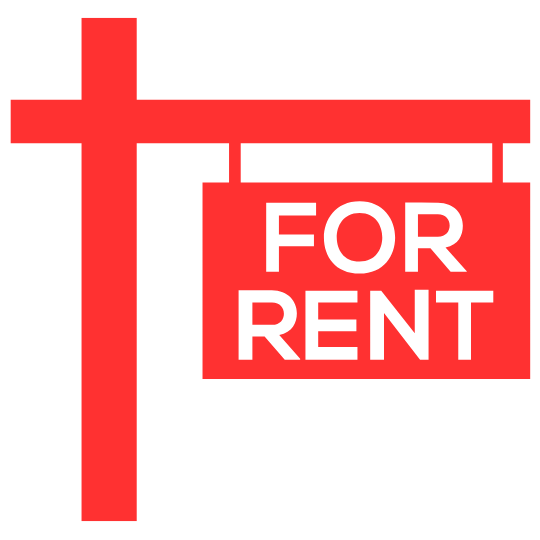Buying a home is one of the biggest financial decisions you’ll ever make, and timing…

Rent vs. Buy: Making the Right Choice for Your Lifestyle and Finances
By Andy Harris, President of Vantage Mortgage Brokers
The age-old debate of renting versus buying a home is one of the most significant financial decisions many people face. Both options have their benefits and drawbacks, and the best choice often depends on your lifestyle, financial situation, and long-term goals. Let’s dive into the pros and cons of each to help you make an informed decision.
Renting: Flexibility and Lower Upfront Costs
Renting a home can be an attractive option, especially for those who value flexibility and lower upfront expenses. Here are some key advantages:
Pros of Renting:
- Flexibility: Renting allows you to move more easily, which is ideal if your job requires relocation or if you’re uncertain about where you want to settle long-term.
- Lower Initial Costs: Typically, renting requires only a security deposit and the first month’s rent, which is far less than the down payment and closing costs associated with buying a home.

- No Maintenance Responsibilities: Landlords usually handle repairs and maintenance, saving you time and money.
- Predictable Monthly Expenses: Rent payments are often fixed for the lease term, making budgeting easier.
Cons of Renting:
- No Equity Building: Monthly rent payments don’t contribute to building ownership or wealth.
- Limited Control: Renters may face restrictions on making changes to the property, such as painting or renovations.
- Potential for Rent Increases: Landlords can raise rent when leases are renewed, making long-term planning more difficult.

Buying: Building Wealth and Stability
Owning a home is a dream for many, offering stability and the opportunity to build equity over time. However, it’s not without its challenges. Let’s explore the benefits and drawbacks:
Pros of Buying:
- Equity Building: Each mortgage payment helps you build equity, which can be a significant financial asset over time.
- Stability: Homeownership offers stability, particularly if you plan to stay in the same location for several years.
- Creative Freedom: As a homeowner, you can renovate, decorate, and modify your home as you see fit.
- Potential Tax Benefits: Mortgage interest and property taxes may be tax-deductible, reducing your overall tax burden.
Cons of Buying:
- Higher Upfront Costs: Purchasing a home requires a down payment, closing costs, and other expenses, which can be a barrier for many.
- Maintenance Responsibilities: As a homeowner, you’re responsible for all repairs and upkeep, which can be costly and time-consuming.
- Less Flexibility: Selling a home takes time and may not align with sudden life changes.
- Market Risks: Property values can fluctuate, potentially affecting your investment’s worth.
Wealth Comparison: Homeowners vs. Renters
When it comes to building wealth, homeowners tend to have a significant advantage over renters. According to recent studies, the median net worth of homeowners is often dramatically higher than that of renters. Here’s why:
- Equity Growth: Homeowners build equity over time as they pay down their mortgage and as property values increase. This equity often becomes one of their largest financial assets.
- Forced Savings: Mortgage payments function as a form of forced savings, helping homeowners accumulate wealth indirectly.
- Appreciation: Real estate has historically appreciated over the long term, adding to homeowners’ net worth.
In contrast, renters do not build equity, and their monthly payments contribute to the landlord’s wealth rather than their own. While renters may have lower upfront costs and fewer financial responsibilities, they often miss out on the long-term financial benefits of homeownership.
Key Factors to Consider
When deciding whether to rent or buy, consider these factors:
- Your Financial Situation: Do you have enough savings for a down payment and emergency fund? Is your credit score strong enough to secure a favorable mortgage rate?
- Your Lifestyle: Are you planning to stay in the same area for at least five years? Do you want the freedom to personalize your living space?
- Market Conditions: Are home prices in your area rising or stable? What are the rental market trends?
- Long-Term Goals: Do you view a home as an investment, or do you prioritize flexibility and reduced responsibility?
Final Thoughts
There’s no one-size-fits-all answer to the rent versus buy dilemma. Renting may be the best choice for those who value flexibility and minimal commitment, while buying can be a smart move for individuals ready to settle down and invest in their future. Carefully evaluate your personal circumstances and consult with a financial advisor, mortgage broker, or real estate professional to make the best decision for your needs.



